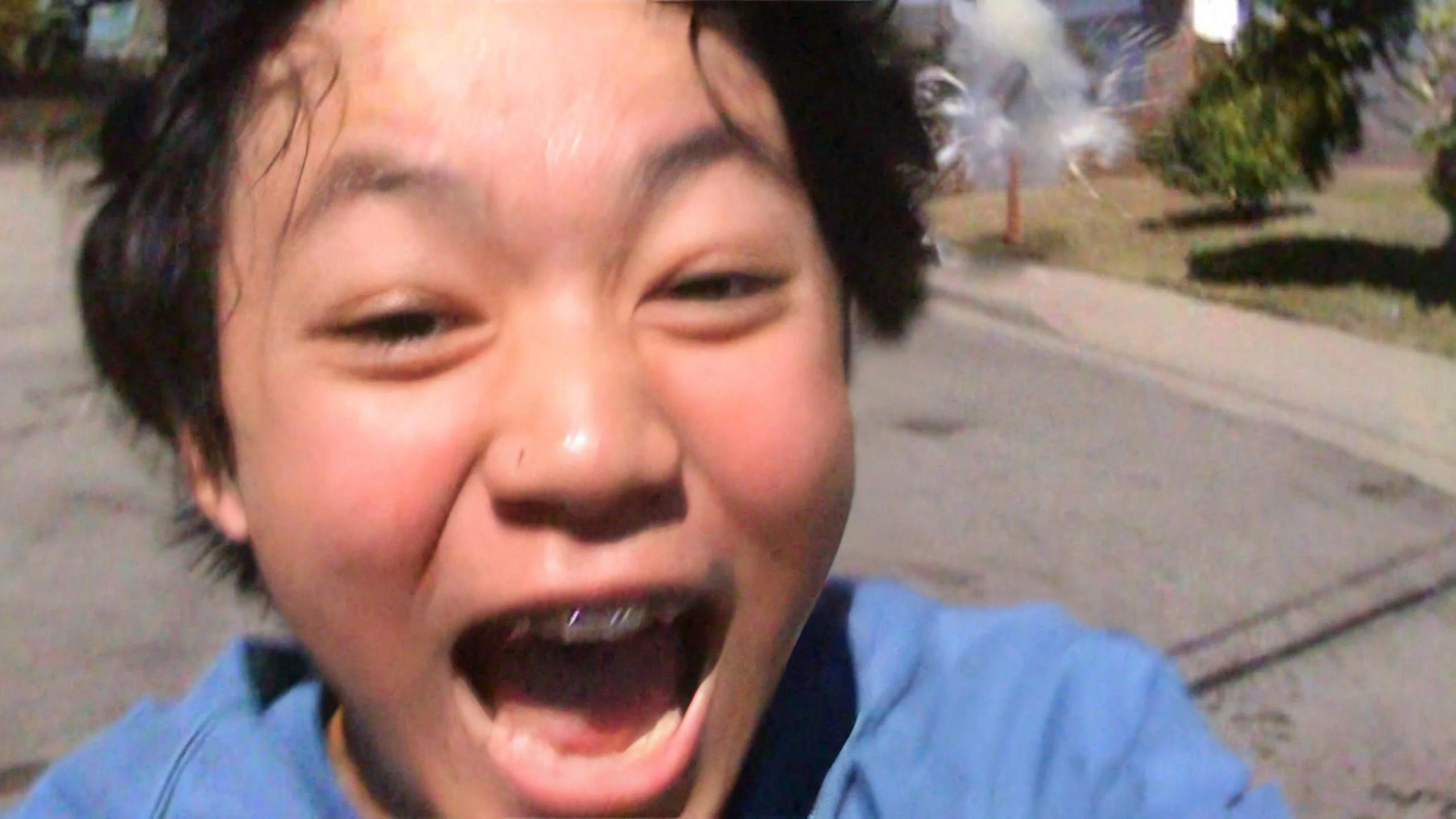Review: 'Borderlands' a by-the-numbers videogame adaptation without a trace of creative energy, even from Oscar winners Cate Blanchett and Jamie Lee Curtis
It’s become a cliché to say that movies based on video games are terrible, but director-writer Eli Roth seems determined to go out of his way to make “Borderlands,” an adaptation of a popular first-person-shooter franchise, as bad as he can.
In some ill-defined future where corporations have taken over planets, as Roth’s jumbled opening scene-setting tells us, there are hordes of ragtag mercenaries going to a place called Pandora to find a mysterious vault that legend says a race of aliens called the Elyrians left behind, holding untold treasure and technology. (Note: the first “Borderlands” game hit store shelves a couple months before James Cameron’s “Avatar” was released, so the claim on the name “Pandora” for a planet is a complicated one.)
The first action we see is in a space station orbiting Pandora, where an ex-soldier named Roland Greaves (played by Kevin Hart) is attempting a prison break, to spring a young woman, Tiny Tina (Ariana Greenblatt, from “Barbie”), out of custody and return her to her father, a mega-industrialist named Atlas (Edgar Ramírez). During the breakout, Tina also releases her protector, the hulking Krieg (Florian Munteanu), and the three hide out on Pandora.
Atlas enlists Lilith (Cate Blanchett), a tough-as-nails bounty hunter with dynamically angled red hair. I don’t mean to reduce the two-time Oscar winner’s performance here to her hairstyling, but Roth and co-writer Joe Crombie don’t leave me — or the actors — much to work with. Lilith, she tells us in a voiceover that approaches “Blade Runner” levels of superfluousness, regards Pandora as a “s- - - hole,” and hates the idea of going there again. Anyone who’s ever seen a movie can soon guess that Pandora is also her homeworld.
Lilith constantly tells people on Pandora that she’s not a “vault hunter” — one of the hordes of fortune seekers trying to locate and ransack the lost Elyrian treasure. But after a few shootouts and chases with Atlas’ private army, the Crimson Lance, Lilith finds Roland, Krieg and a not-so-helpless Tina and ends up joining them on their quest to find the lost keys to the legendary vault. Along the way, they also pick up an eccentric xenoarchaeologist, Tannis (Jamie Lee Curtis), and a wisecracking robot who goes by the name Claptrap (and is voiced by Jack Black).
The movie’s producers wouldn’t mind if you compared “Borderlands” to another franchise about ragtag treasure hunters, Marvel’s “Guardians of the Galaxy,” which Roth & Co. are blatantly ripping off. The difference is that Marvel is drawing upon years of comic book narrative that has helped flesh out its oddball characters, where “Borderlands” only has a few video games — a genre where character development is usually sketchy, so each game player can treat the character they’re playing as themselves.
It’s hard to say whether Roth is delivering underwritten characters to emulate the video game style, or because he just doesn’t care. Judging by the underdeveloped world-building — the sets look like someone dumped the leftovers from “Furiosa” in a canyon and told the crew to make do — and the cheap special effects, I’m opting for “just doesn’t care.”
“Borderlands” isn’t just one of the worst movies of the year. It’s something even more discouraging — it’s a movie completely devoid of creative energy, and without a reason to exist.
——
‘Borderlands’
★
Opens Friday, August 9, in theaters everywhere. Rated PG-13 for intense sequences of violence and action, language and some suggestive material. Running time: 102 minutes.







